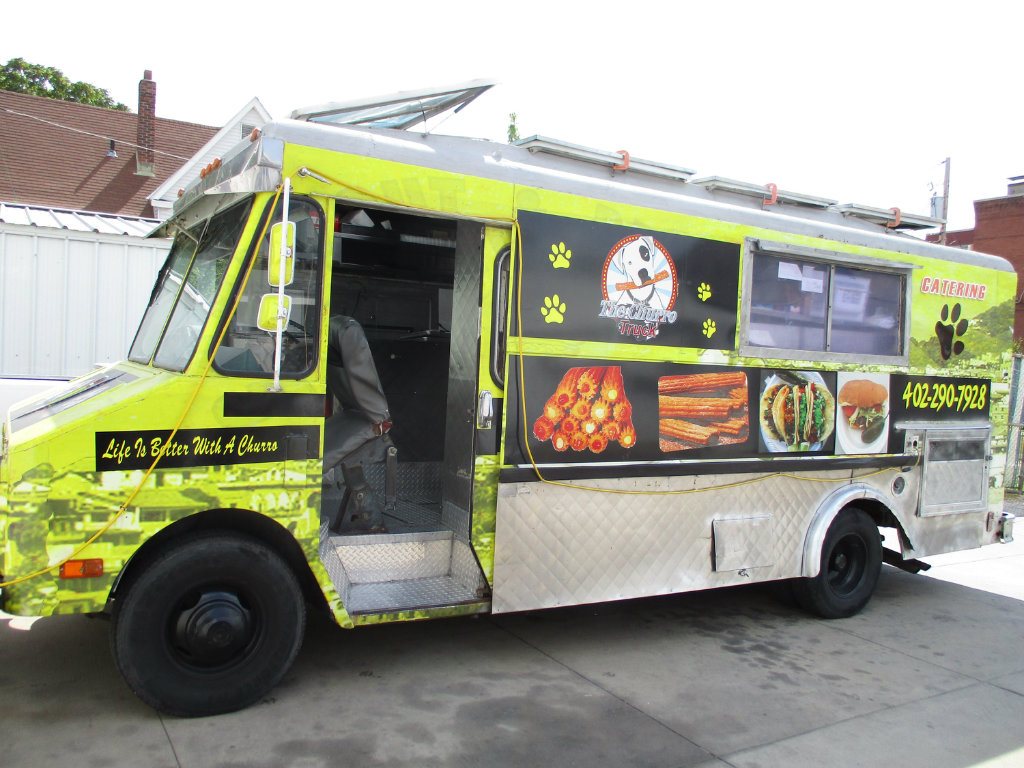Supporting Commercial and Personal Lines Underwriters in Unique Situations
Commercial insurers must adapt to new kinds of properties…
 Some new industries with unusual insurance concerns have steadily increased in popularity in recent years. Carriers and their partners constantly have to adjust their practices to ensure they are providing the proper amount of coverage to these new, relatively unfamiliar businesses.
Some new industries with unusual insurance concerns have steadily increased in popularity in recent years. Carriers and their partners constantly have to adjust their practices to ensure they are providing the proper amount of coverage to these new, relatively unfamiliar businesses.
The burgeoning food truck industry is a prime example of a growing industry with unique insurance concerns. While these establishments have some of the same issues of concern that restaurants do, kitchen equipment, for example, there are also the same concerns associated with automobile insurance.
Food truck owners normally have to deal with a complex combination of different policies, including commercial auto, business owner, and commercial general liability insurance, to name a few. Some carriers are going so far as to even create a distinct Food Service Vehicle insurance policy to offer these kinds of businesses, in order to provide them with the right kind of coverage.
…as do personal lines carriers…
Personal lines insurers are not immune to these constant changes either. While, generally speaking, a home will always have walls and a roof, there are numerous structural and technological innovations gaining popularity amongst homeowners. For example, some home technology devices, such as water leak detectors and smart thermostats, can be beneficial when it comes to monitoring a risk and preventing major losses. In fact, these devices are now seen so positively, that some carriers are offering discounts to homeowners that utilize them. But the big question is, how do you know that they are?
 It must become a part of the initial inspection process. A Millennium client decided to start offering certain benefits to smart home device users and we were able to create a set of referrals that would allow an inspector to confirm whether or not reported systems were, in fact, being utilized in a home.
It must become a part of the initial inspection process. A Millennium client decided to start offering certain benefits to smart home device users and we were able to create a set of referrals that would allow an inspector to confirm whether or not reported systems were, in fact, being utilized in a home.
With these new kinds of policy types and home technologies, must also come a new approach to those inspections.
…but how?
Take the earlier example of food trucks. Carriers need to know the same type of information about these businesses that they do for any other commercial auto policy. At the same time, it’s vital they also receive a lot of the same information gathered during a commercial food survey. Doing two separate types of inspections for one business is not a good use of a carrier’s time or money. For example, a food truck will not have the same types of alarms or security systems as a brick and mortar restaurant, but it will have some of the same kitchen concerns. Their partners need to give carriers the facts they need to underwrite for that specific business, without superfluous or unnecessary information, including results of an inspection that is not an exact fit for that business type.
Furthermore, vendors must be aware of all other new property innovations, like the smart home devices discussed earlier, that may affect how a carrier views that policy. Inspection services must provide adequate training for inspectors to recognize these new innovations, as well as confirm that information and relay it to the carrier.
To ensure carriers receive the right, specific information they need for each kind of policy, vendors need to adapt their inspection forms to match these unique structures and businesses. It’s vital to take into account the distinctive combination of issues these unique properties have, in order to efficiently get that necessary information to the carrier.
